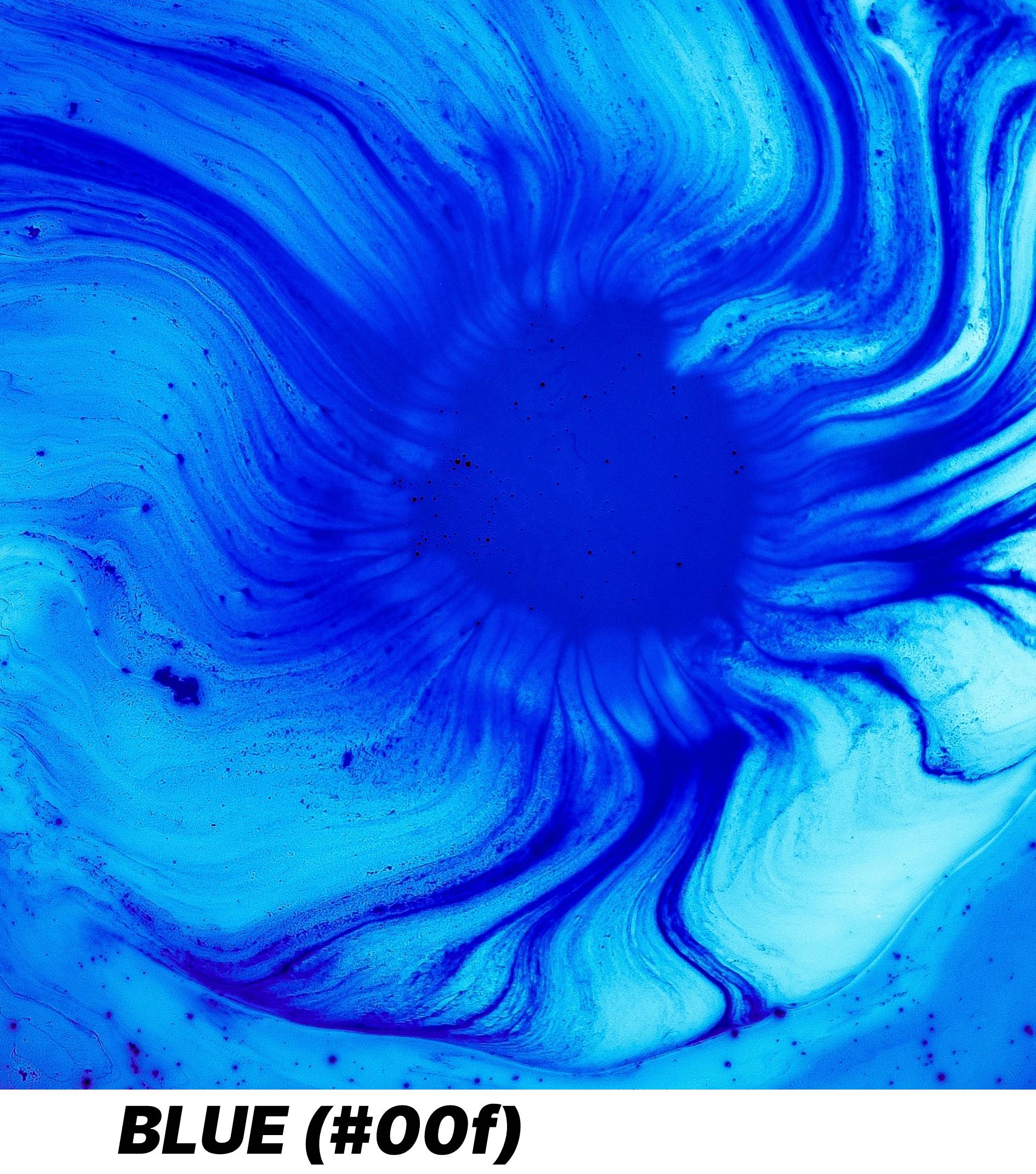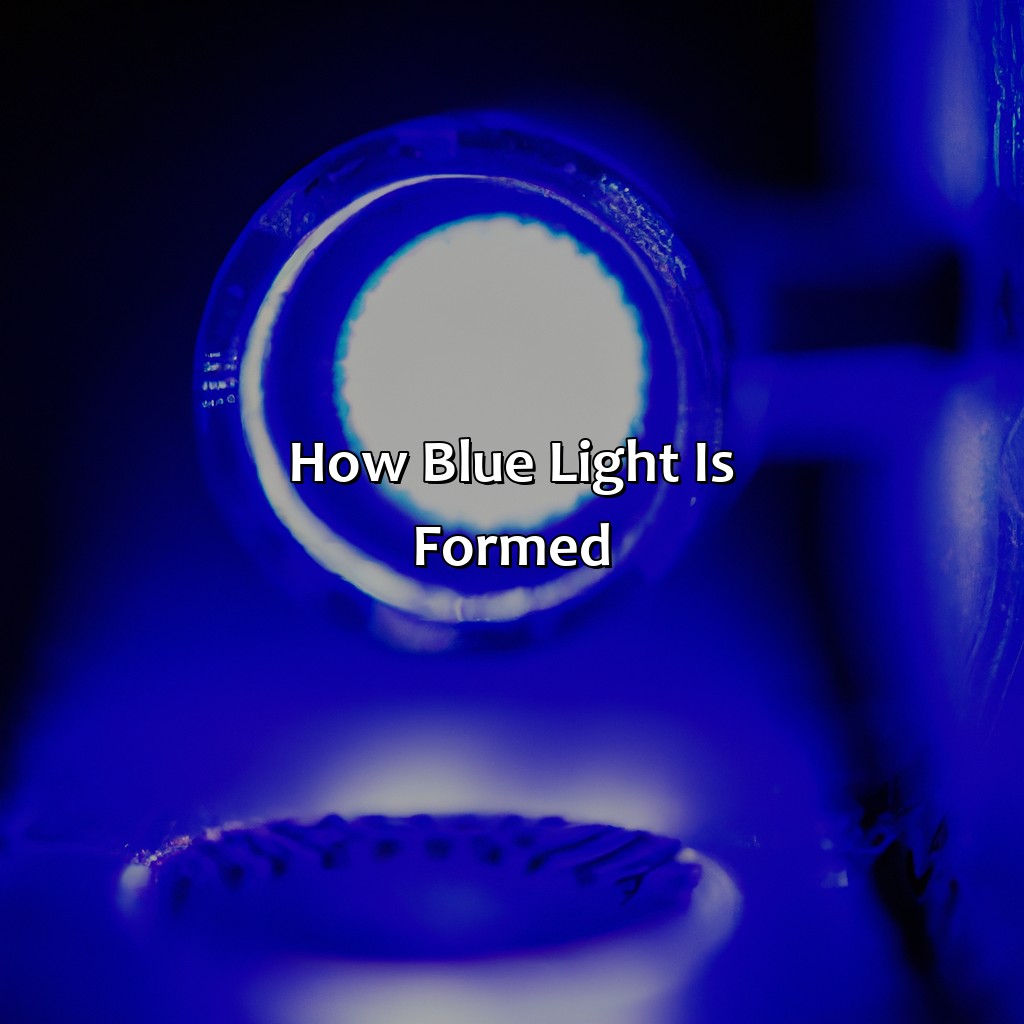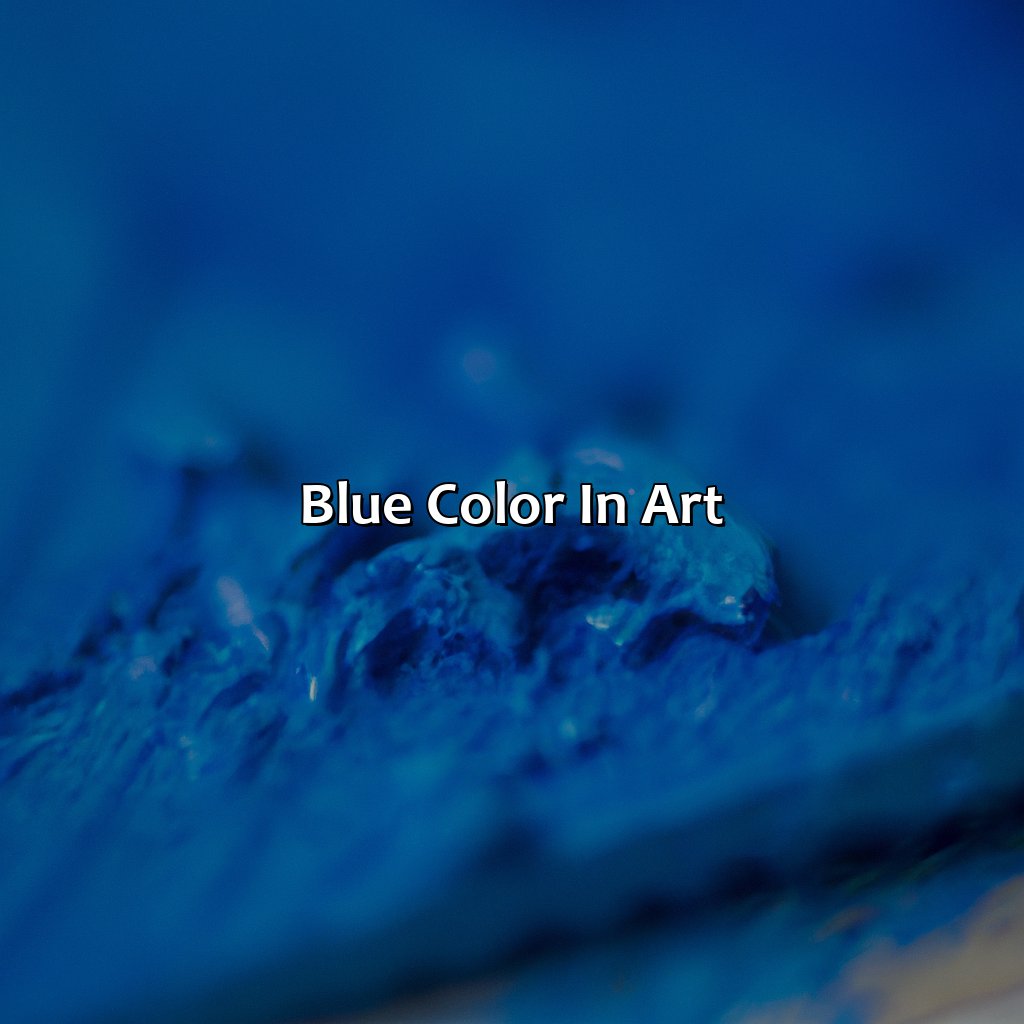What Makes Blue - Unpacking 'Make' And 'Makes'
Sometimes, you just want to get things right, particularly when it comes to how we put words together. It’s like trying to figure out the secret ingredient that brings a whole dish together, or maybe, in a way, what gives a certain shade its true color. There are these little parts of our language, you know, that really shape what we mean, and getting them right just feels good. We’re talking about those small choices that carry a lot of weight, making our messages clear or, perhaps, a bit fuzzy around the edges.
When you’re talking or writing, have you ever paused and thought, "Is it 'make' or 'makes' here?" It’s a pretty common moment of hesitation, actually. People often wonder about this, and it’s a good question to ponder because the difference can sometimes shift the whole feel of what you’re trying to express. It's not just about strict rules; it's also about how people generally hear and take in what you say, so it’s pretty important to get a handle on.
So, let's take a closer look at this little puzzle, pulling apart the ways "make" and "makes" show up in our everyday talk and writing. We'll explore some common situations where these words appear, and hopefully, by the end, you'll feel a bit more sure about which one to pick. It’s all about finding that bit of clarity, that special something that truly helps your words click into place.
Table of Contents
- What Makes Blue - The Core of Subject-Verb Agreement
- Does "Makes" Always Fit? Grasping the Singular in "What Makes Blue"
- When Does "Make" Come Into Play? Looking at Plurals and "What Makes Blue"
- What Makes Blue in Our Everyday Language?
- What Makes Blue When We Describe Things?
- Article Insights - A Look Back at "What Makes Blue"
What Makes Blue - The Core of Subject-Verb Agreement
Getting the right fit between a subject and its action word, that’s where a lot of the magic happens in language, really. It’s a basic building block, kind of like making sure the pieces of a puzzle slot together perfectly. When we talk about "make" or "makes," we’re almost always dealing with this idea: does the word doing the action match up with the number of things or people involved? This bit of grammar, you know, helps everything flow smoothly, preventing those little bumps that can trip up a reader or listener. It’s about ensuring that the main idea of your sentence is clear and easy to follow, which, by the way, is a pretty neat trick.
Does "Makes" Always Fit? Grasping the Singular in "What Makes Blue"
So, let's consider the word "makes." This form of the action word usually goes hand-in-hand with a single thing or person doing the action. Think of it like this: if there’s just one performer on stage, their actions will be described with a word that ends in 's' for most present-tense situations. For example, if you're talking about someone's experience, you might say, "Your experience and qualifications really *makes* you a good fit for this role." But wait, is that right? It’s a common spot where people pause, and, in fact, the subject here is usually not just "experience" but the combined idea of "experience and qualifications," which, in some ways, can feel like a single package of attributes. However, when we break it down, the main idea often points to a singular concept, which then takes the 's' ending. A good way to think about this, actually, is to figure out what the true actor is. If the actor is a single item or idea, then "makes" is typically the way to go. For instance, "The way she tells stories *makes* them come alive." Here, "the way" is the single actor, so "makes" is the proper choice.
Consider a situation where you might be discussing a certain quality or feature. Someone might ask, "What *makes* a good leader?" In this case, "what" refers to a singular characteristic or set of characteristics, so "makes" is the correct choice. It’s asking about the single thing, condition, or feature that causes something else to happen. It's a bit like asking what single ingredient gives a cake its particular taste. Or, when you're talking about something that truly stands out about a person, you might say, "One of the things that *makes* him a great performer is his dedication every night." Here, "one of the things" points to a singular aspect within a group, and that singular aspect is the true subject driving the "makes." This can be a bit tricky, but focusing on the actual actor helps a lot, you know. This is where figuring out "what makes blue" for singular subjects really comes into its own.
When Does "Make" Come Into Play? Looking at Plurals and "What Makes Blue"
On the flip side, we have "make," which generally teams up with more than one thing or person doing the action. If you have several performers on stage, their actions would be described using "make." It’s about matching the action word to a group or to multiple items. For instance, when talking about a group of people who help a project succeed, you might say, "Our listeners are what *make* this show possible." Here, "listeners" is a group, so "make" is the fitting word. It's not about a single listener, but the collective group that contributes to the possibility. This is a pretty straightforward rule, actually, once you get the hang of it.
Sometimes, the trick is identifying the real subject when there are a few words between it and the action word. Take the sentence, "One of the things that *makes* him great is he brings it every night." Some people might think it should be "make" because "things" is plural. But if you think about it, the actual subject here is "one," as in "one of the things." That single "one" is what performs the action of making him great. So, "makes" is still the proper choice. However, if the sentence were phrased differently, like "His many talents *make* him great," then "talents" is plural, and "make" would be the correct choice. It’s all about finding that main actor, you know, the one doing the actual work in the sentence. This really helps clarify "what makes blue" when dealing with groups or multiple items.
What Makes Blue in Our Everyday Language?
Our language is full of little sayings and common ways of speaking that sometimes bend the usual rules a bit, or at least use words in ways that aren't immediately obvious. "Make" and "makes" show up a lot in these familiar phrases, and understanding how they fit can help us sound more natural, you know, more like someone who really gets the flow of English. It’s about recognizing patterns that have developed over time, patterns that everyone generally understands, even if they can’t explain the grammar behind them. This is where the true flavor of a language often resides, in these shared expressions.
How Do Idioms Show "What Makes Blue"?
Consider the phrase "makes sense." This is a common one, and people often get a bit mixed up with it. You might hear someone say, "That *makes* sense for me," but what they usually mean is "That *makes* sense to me." The difference is subtle but important. "Makes sense for me" can sound like the meaning was created specifically for that person, almost like a custom-made understanding, which is usually not what we intend. "Makes sense to me," on the other hand, means that the information has become clear or understandable in that person's mind. It's a pretty common slip-up, but once you notice it, it's easy to correct. This is just one example of how "what makes blue" in an idiom can change its feel.
Another popular saying is "make my day." This idiom, you know, means that something has happened that causes a person to feel very happy or satisfied. For instance, if you find a twenty-dollar bill on the sidewalk, that would certainly "make your day." Here, "make" is used because "you" (the implied subject of the command) are performing the action that causes the day to be made. It's a strong, direct way to express joy or satisfaction, and it’s been around for a while. Understanding these fixed phrases is key, as they often don't follow the same subject-verb agreement rules as regular sentences. They're like little linguistic packages, and you just use them as they are, so, it’s a bit different from building sentences from scratch.
What Makes Blue When We Describe Things?
When we talk about the world around us, whether it’s the sounds we hear or the things people build, "make" and "makes" are often right there, helping us put words to our experiences. They’re pretty versatile words, capable of describing everything from a quiet hum to the creation of something truly complex. It’s about capturing how things come into being or how they produce certain effects. This is where our language helps us paint vivid pictures with words, allowing others to imagine what we’re describing, which is a pretty cool thing, you know.
What Makes Blue in Sounds and Creations?
Think about describing sounds. If you're trying to explain the noise a car produces, you might say, "What words can be used to describe the sound a driving car *makes*?" Here, "car" is a single item, so "makes" is the correct form. You might think of words like "rumble," "whirr," or "hum" for a standard vehicle, and each of those sounds is something the car "makes." It's about the noise that comes from the vehicle itself, a direct output, you know. This is a common use of "makes" to talk about what something produces, whether it’s a sound or something else. It really helps to convey the auditory experience, which is pretty neat.
Then there are the people who bring things into existence, the ones who craft and build. What do you call a person who creates products or things like cars, drones, airplanes, tables, chairs, and so on? This person is someone who really *makes* things, like cutting material or putting parts together. We might call them a maker, a creator, a designer, or an engineer, depending on the specific role. The word "makes" here refers to the act of production, the physical effort of bringing something tangible into being. It’s about the transformation of raw materials into something new and useful. This is a very direct application of "what makes blue," showing how things come into being through effort and skill.
Article Insights - A Look Back at "What Makes Blue"
We’ve had a good look at how "make" and "makes" work in our language, covering everything from matching action words to their subjects to how these words show up in everyday sayings. We talked about how "makes" typically goes with a single subject, while "make" pairs up with more than one. We also explored how these words fit into common phrases like "makes sense" and "make my day," showing how they contribute to the overall meaning. Finally, we touched on how "make" and "makes" help us describe sounds and the process of creating things. It’s all about those small linguistic choices that help our messages be clear and understood, which, as a matter of fact, is pretty much what language is all about.

What color mix makes blue?

What Makes Blue Color - colorscombo.com

What Makes Blue Color - colorscombo.com